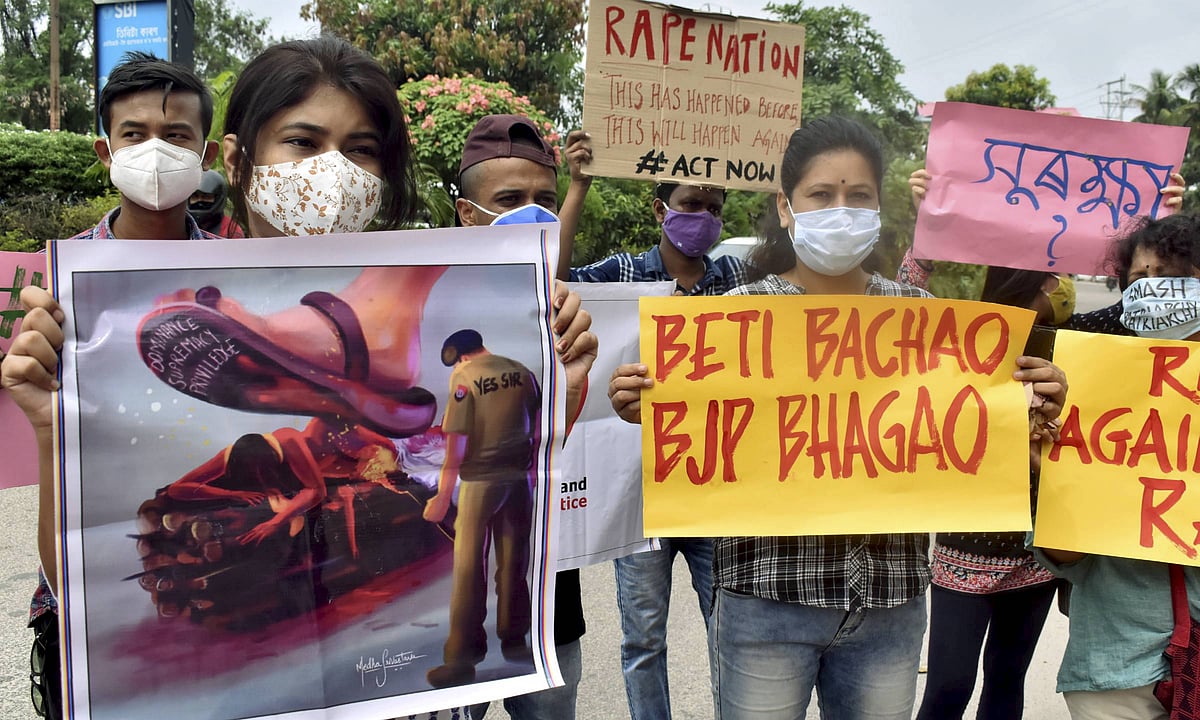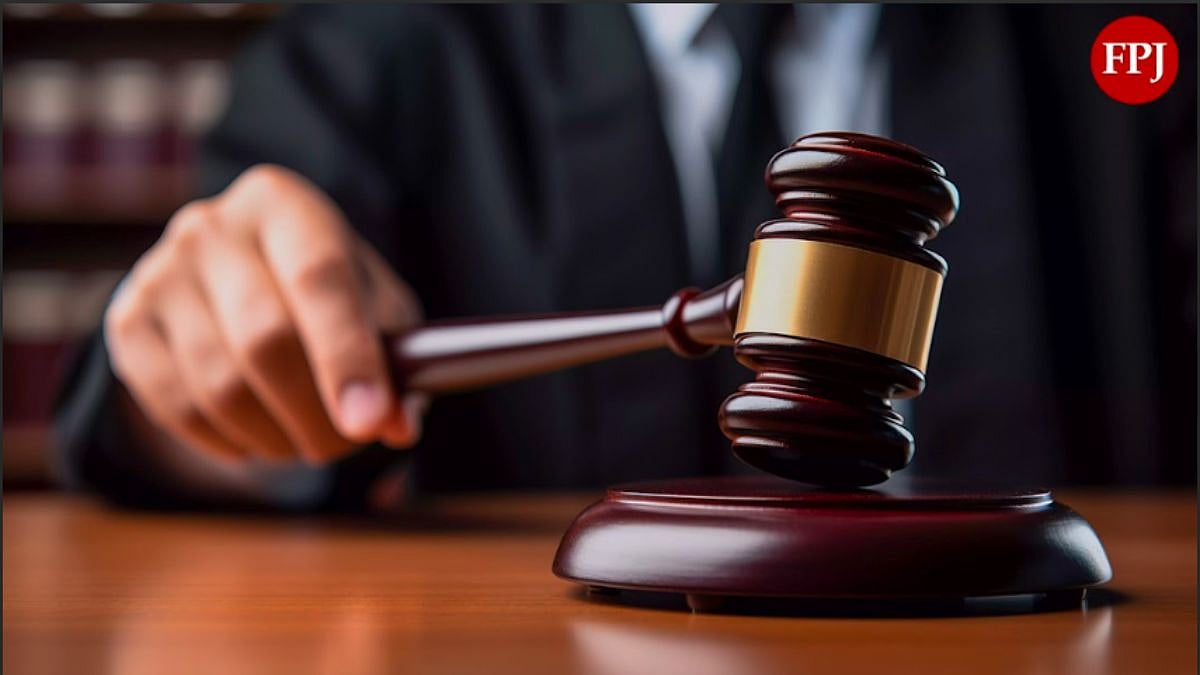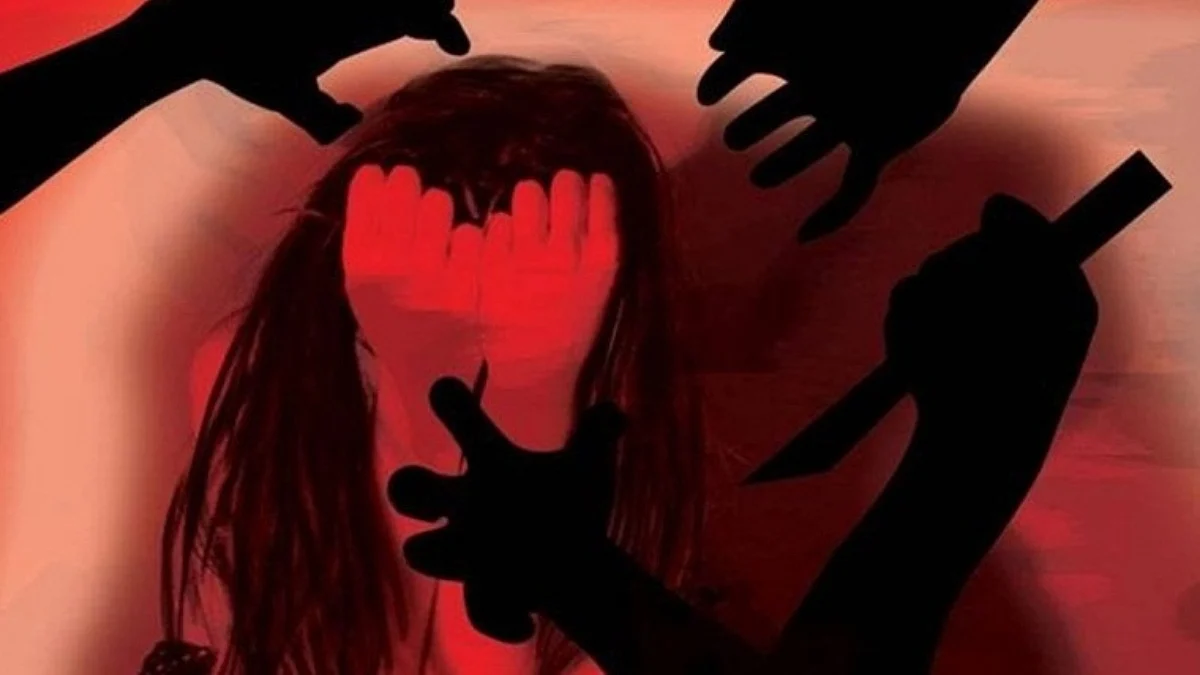After the 16-minute audio footage of a conversation between a journalist and Hathras rape victim's brother was leaked in social media, there are some set of questions around it and one such query is around the legality — when is it legal to tap a phone call and when it not legal to tap a call.
While the government agencies sneak into your phone call it is called lawful interception (is legal under law), if done otherwise (by anyone except the government agencies) it is tapping (which is safe to say it is illegal).
India is among the very few privileged-democratic countries that allow lawful interception.
Abiding by law
In India, the lawful interception of communication by authorised law enforcement agencies (LEAs) is carried out in accordance with Section 5(2) of the Indian Telegraph Act, 1885 read with Rule 419A of Indian Telegraph (Amendment) Rules, 2007, as per a Lok Sabha question dated 2014.
This means the Indian government can eavesdrop in your conversation.
Indian law allows 10 government agencies to tap your phone call (read it as lawful interception):
Intelligence Bureau
Narcotics Control Bureau (the same agency actively probing into Sushant Singh Rajput's murder and its relation to drug cartel)
Directorate of Enforcement
Central Board of Direct Taxes
Directorate of Revenue Intelligence
Central Bureau of Investigation
National Investigation Agency
Research & Analysis Wing (R&AW)
Directorate of Signal Intelligence, Ministry of Defence- for Jammu & Kashmir, North East & Assam Service Areas only.
Director General of Police, of concerned state/Commissioner of Police, Delhi for Delhi Metro City Service Area only.
Meanwhile, the section 69 of the Information Technology Act, 2000 empowers the central government or a state government to intercept, monitor or decrypt, the information generated, transmitted, received, or stored in any computer resource in the interest of the sovereignty or integrity of India, the security of the state, friendly relations with foreign states or public order, stated minister of state for home G Kishan Reddy in 2019, during a reply to a Lok Sabha question. This means legally you cannot question these agencies if they tap into your phone conversations.
However, the only hope in this law can be that the government agencies still have to follow a process for the same before any lawful interception. That process means informing the Home Ministry at the centre.
Legal or illegal
The complications arise when privacy is pitted against surveillance of the state or other individual. In the case of privacy factor, the legal can become illegal and in the case of malicious activity, illegal can become legal.
Many leaked phone-tapped conversations to WhatsApp chats have made headlines lately, but the line between moral obligation versus privacy — usually it is the former that wins — is very thin.
For example, in a high-profile case like Sushant Singh Rajput’s death, several chats and audio clips related to the case were leaked and it became quite normal for media outlets to carry these clips as news reports. However, when a media outlet was on the receiving end, there was a change in perception suddenly a fight for privacy came up.
Yet another such phone tapping incident was the Radia tapes controversy in 2008-2009. The telephonic conversations between Nira Radia, a political lobbyist in India, the (then) Indian telecom minister A Raja, and senior journalists, politicians, and corporate houses, taped by the Indian Income Tax Department was leaked to the press.
In Rayala M. Bhuvaneswari vs Nagaphamender Rayala case, the petitioner filed a divorce petition in the Court against his wife. To substantiate his case, he sought to produce a hard disc relating to the conversation of his wife recorded in the US with others. The wife denied some portions of the conversations. The Court observed that the purity of the relation between husband and wife is the basis of marriage, and the husband was recording her conversation on the telephone with her friends and parents in India without her knowledge. Here the privacy part was invoked by the judge.
In the case of phone tapping of a journalist and Hathras rape victim's brother, it is not clear if it was a third-party tapping or any government agency's interception. But whatever be the case, the already shattered family of a rape victim is facing a media trial — even if that trial means social media. So in such a case, while the morality of the journalist is questioned by many, there are other who tried to blame the family for falling into the trap of the media.








